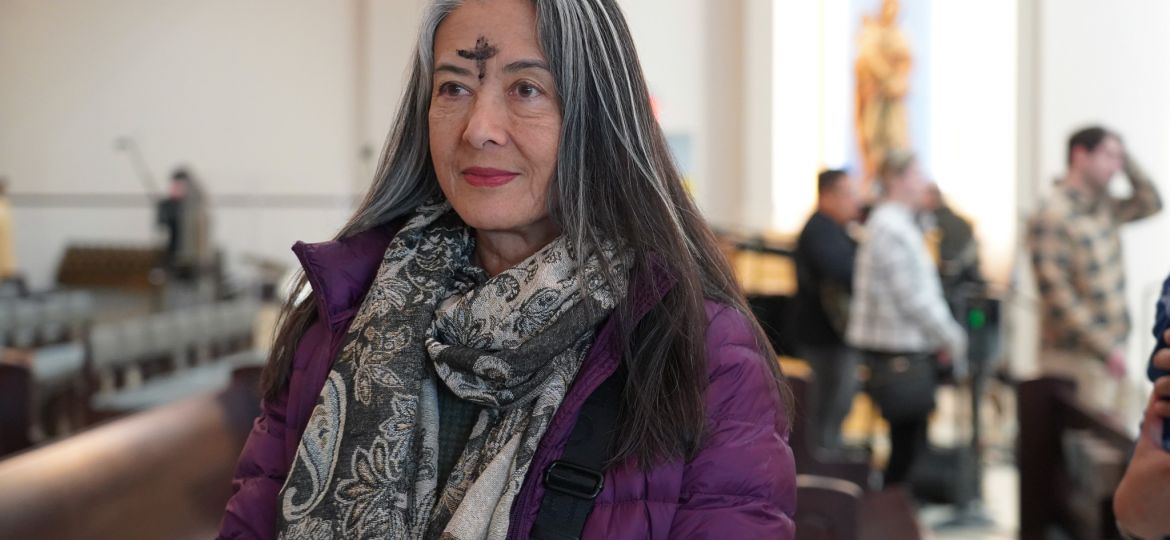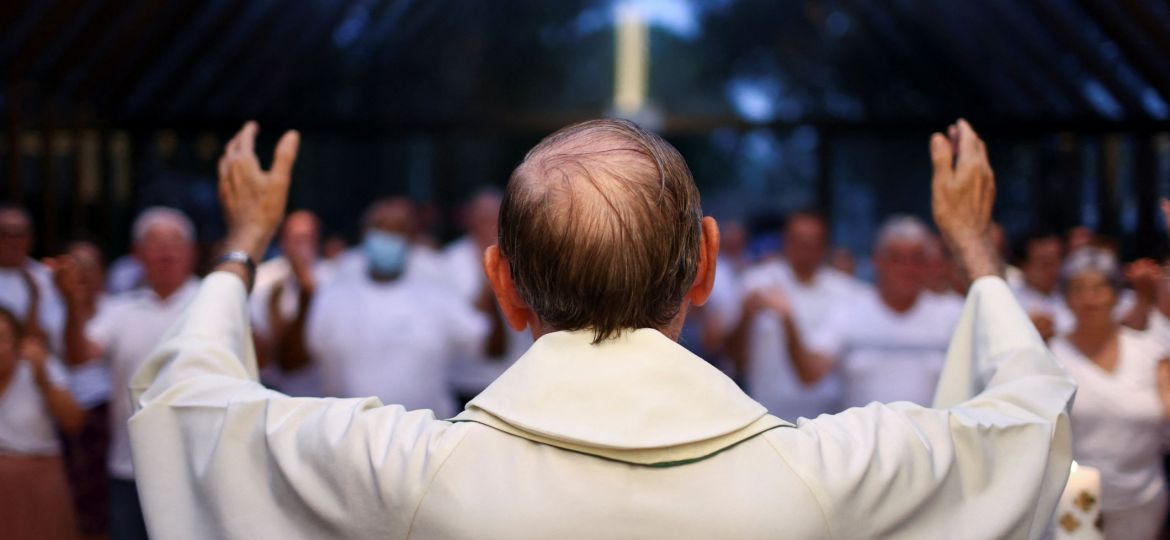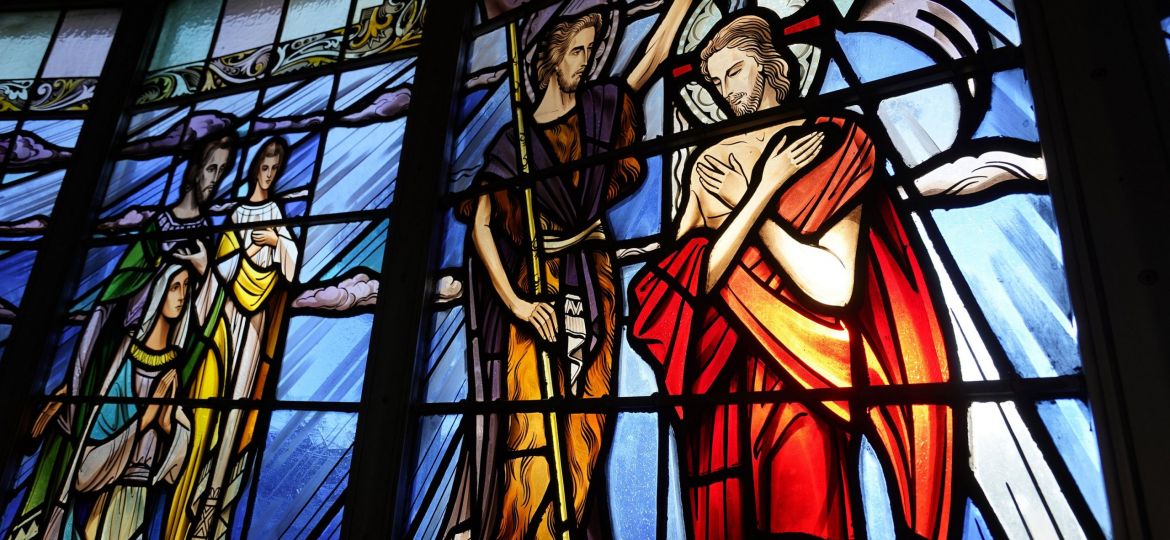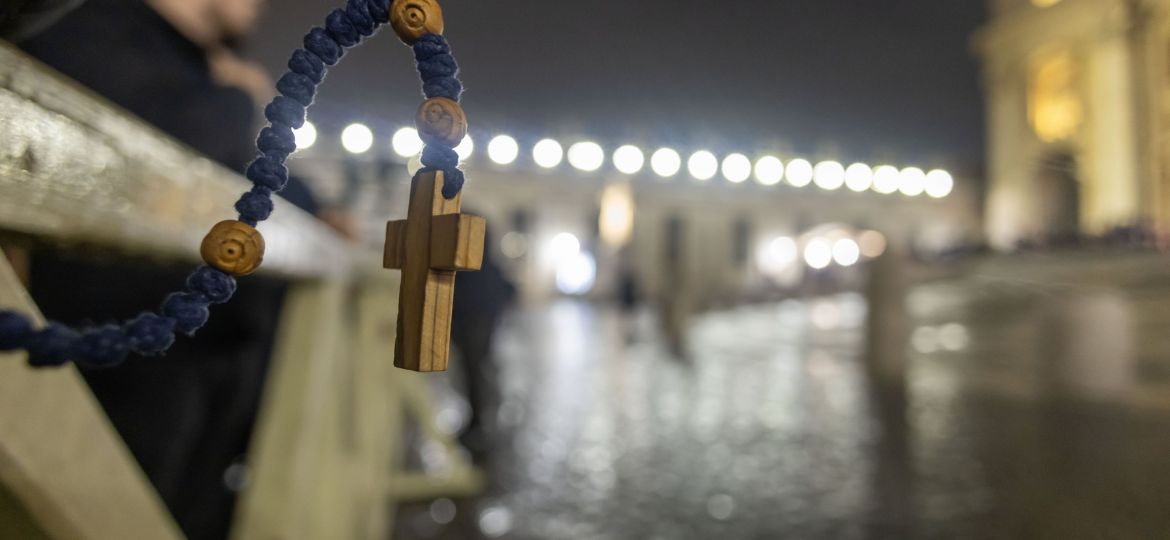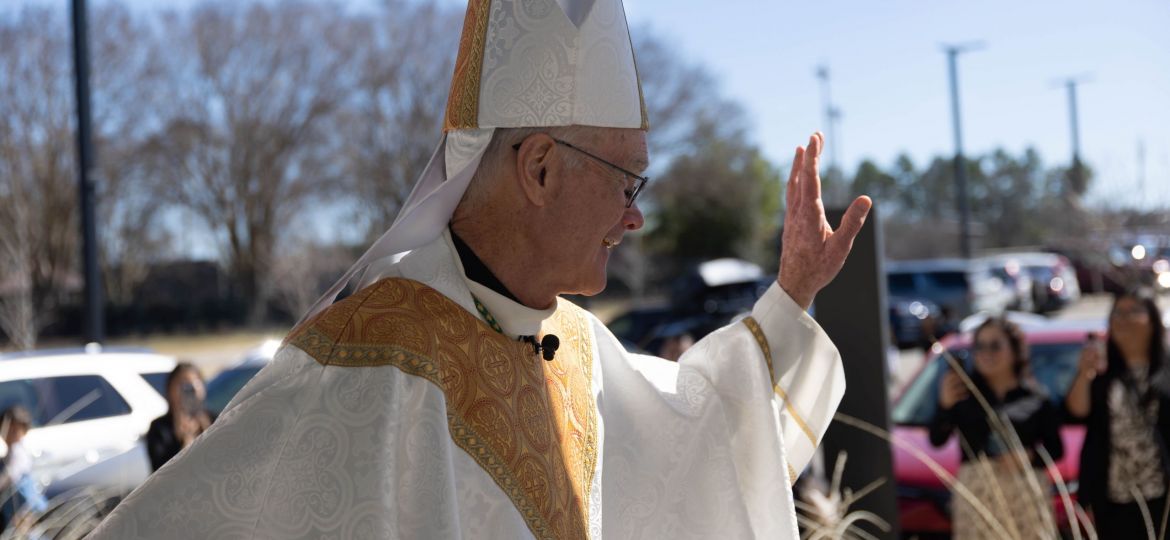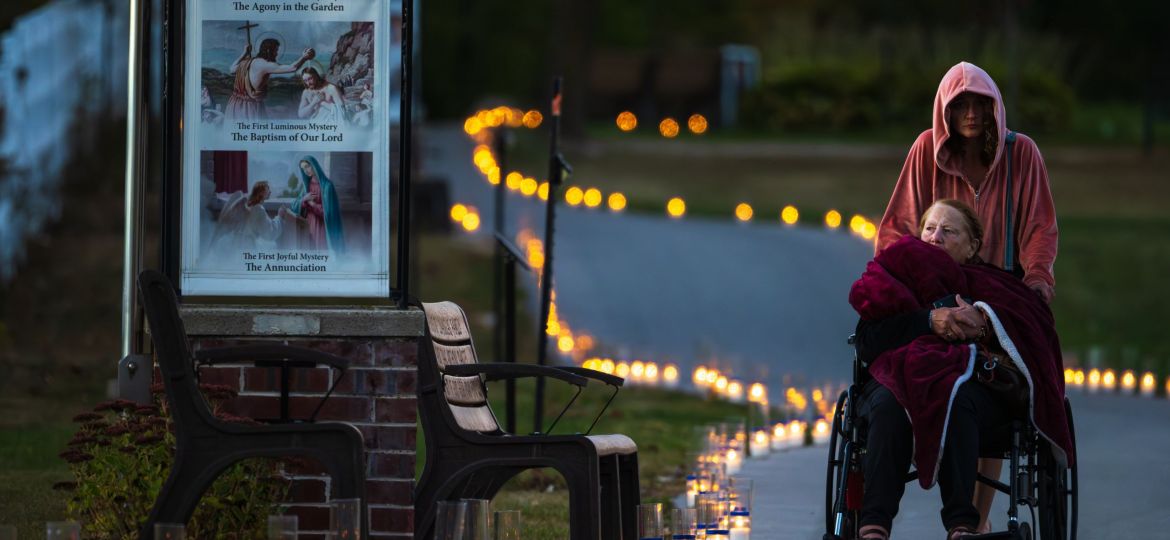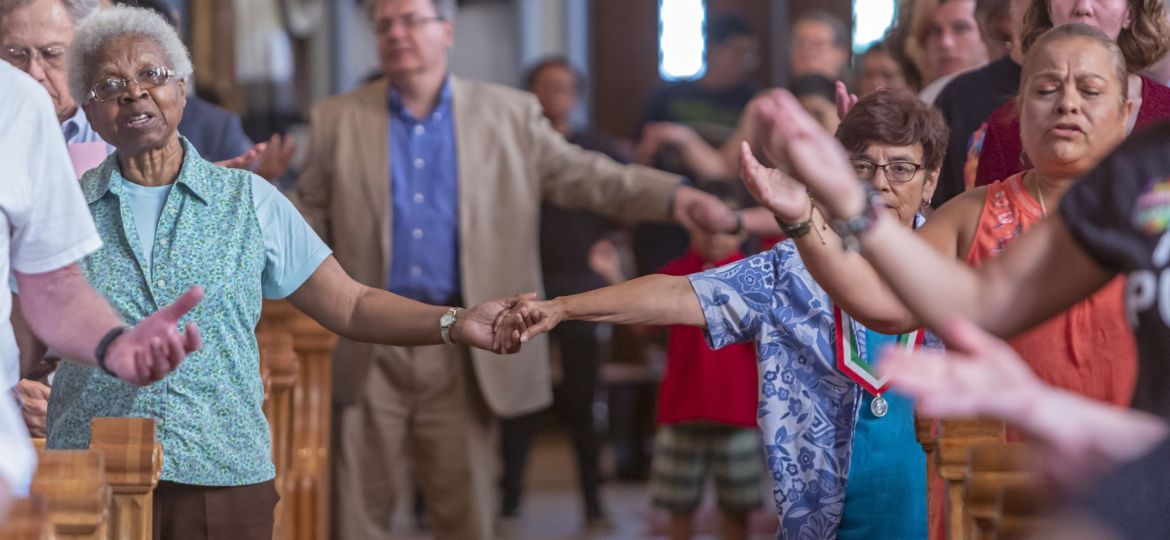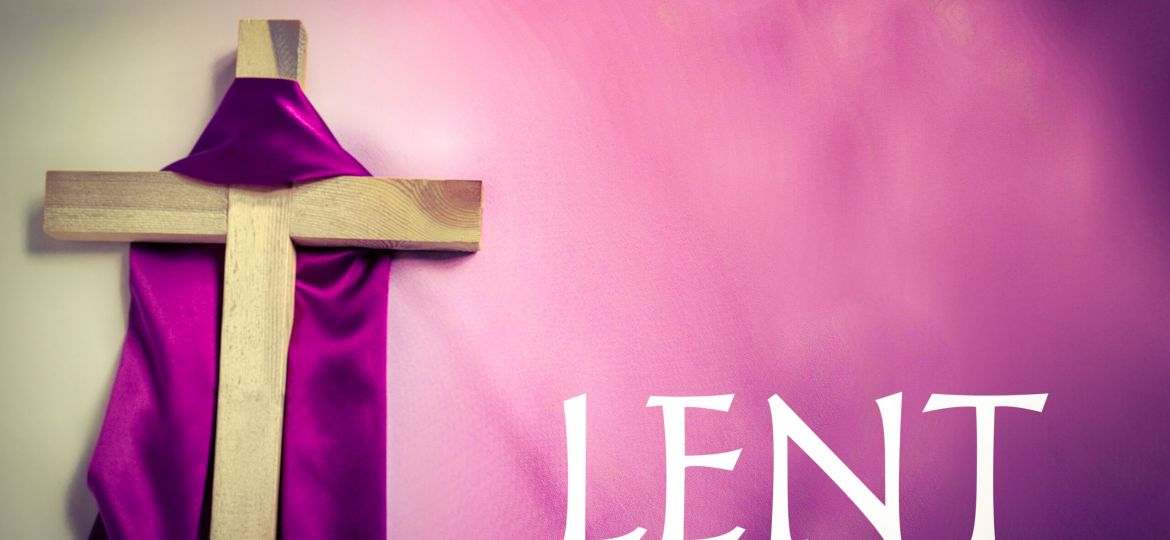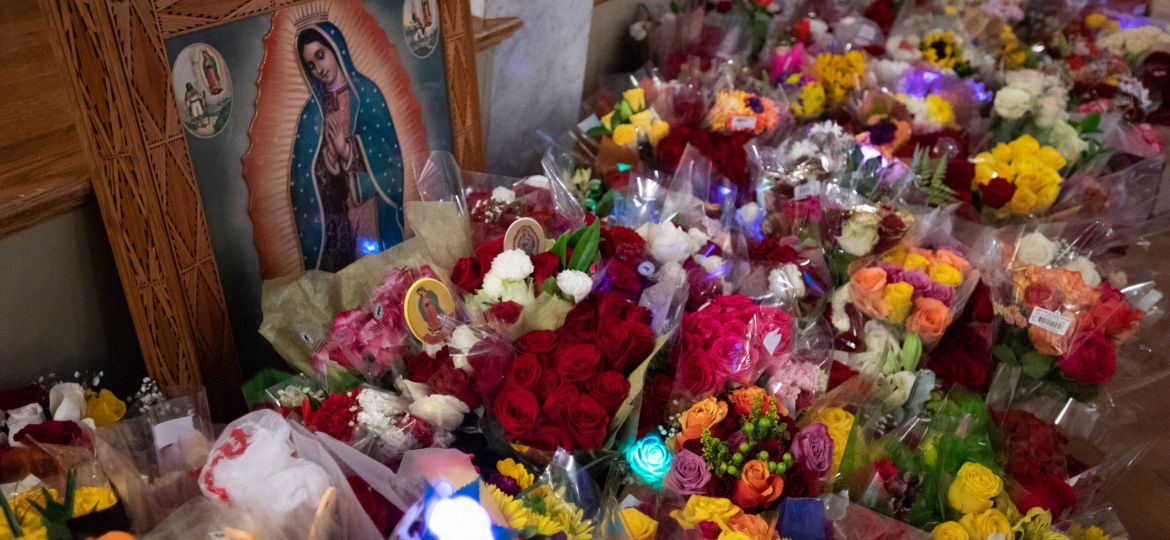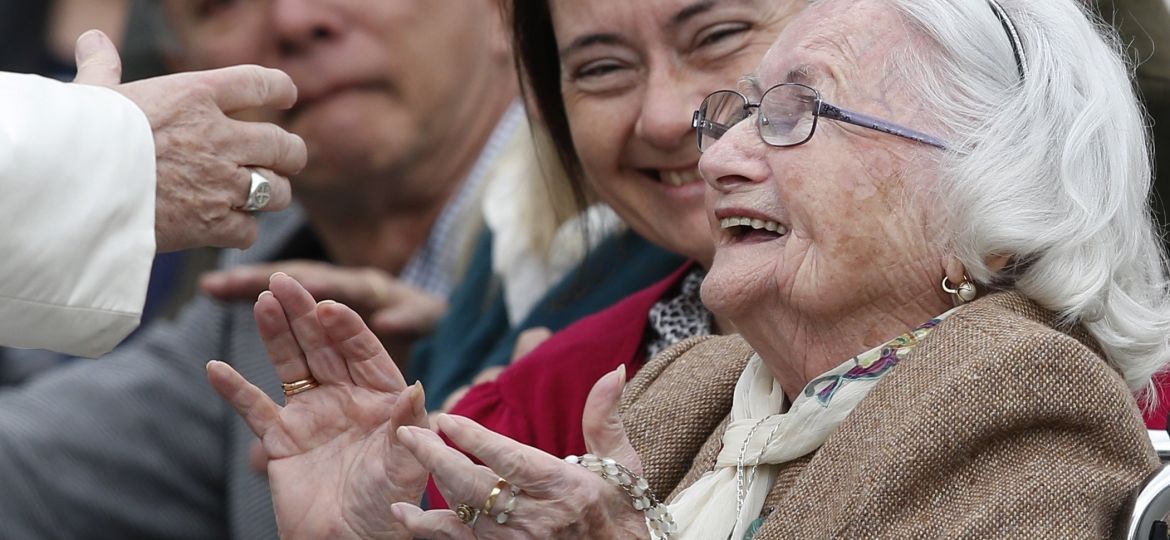This Lent, God calls upon us to once again grow in our prayer, fasting, and charity.
Jesus poses a problem when He instructs us to pray to the Father with the words “hallowed be Thy name” (Matthew 6:9). Many Psalms exhort the faithful to praise or call upon the name of the LORD (Psalm 113:1; 116:13; 148:13), and others assert that “Our help is in the name of the LORD” (Psalm 124:8). But how can human beings hallow — that is, make holy — the name of the LORD (in Hebrew, YHWH), Who is already, always, and automatically holy, utterly beyond our ability to add to or subtract from, to influence or change?
The death of John the Baptist is a chilling story for multiple reasons. It is a story about the fury of Herodias, who hated John so much for speaking the truth about marriage that she manipulated Herod, her would-be husband, into murdering him. It is also a story about the weakness of Herod, who just waited too long to do what he knew was right – to the point that doing the right thing required a sacrifice he felt incapable of making.
Life often brings us moments that remind us that we are not in control. Whether we are facing financial struggles, health crises, or an uncertain future, we sometimes reach a point where our own efforts are no longer enough. In these moments, we encounter one of the hardest, and yet most transformative, decisions: to trust God completely.
I have lived in the Diocese of Dallas most of my life since coming to Holy Trinity Seminary as a junior in college in August 1976 when I was 20 years old. When I walked through the doors of the seminary, I knew that I wanted to stay, that I had to stay, that this was where I belonged.
For this Jubilee Year, the Church has been given a beautiful, multilingual hymn entitled Pilgrims of Hope. If you participate in any Jubilee events, whether local or international, you will no doubt hear the uplifting melody and inspiring lyrics of this hymn.
“I want to go to heaven” is a common expression by Christians when asked to give a reason for their faith. Curiously, the phrase “to go” or “to get to heaven” is not found in the Bible. While heaven is rightly considered the goal and magnetic pull on everyone’s spiritual compass, it is neither a destination nor a physical place as Jesus presents it in the “Our Father” prayer.
I love Lent. But it was not always like that. As a kid, my whole understanding of Lent was shaped by the commandment: Thou shalt give up something that you love.
For centuries, the veneration of Our Lady of Guadalupe has stood as a profound testament to the convergence of religious dedication and cultural identity within the Latino Catholic community and the greater American Catholic church. Rooted in the Virgin Mary’s apparition to a peasant native of Mexico, Juan Diego, the celebration of Our Lady of Guadalupe is more than a religious tradition as it now has become a vibrant cultural tapestry, lovingly woven by our Mother and her Son, that continues to be a guiding light for the lost ‘truth seekers’ who yearn for peace, truth, and beauty in the midst of a broken, chaotic world.
With the Supreme Court’s overturning of Roe v Wade, June 24 will no doubt be remembered as an historic day by pro-life advocates the world over. I have to admit that my thoughts were elsewhere that day – focused on life’s last stage – as my family bid farewell to a beloved uncle, our family patriarch.

